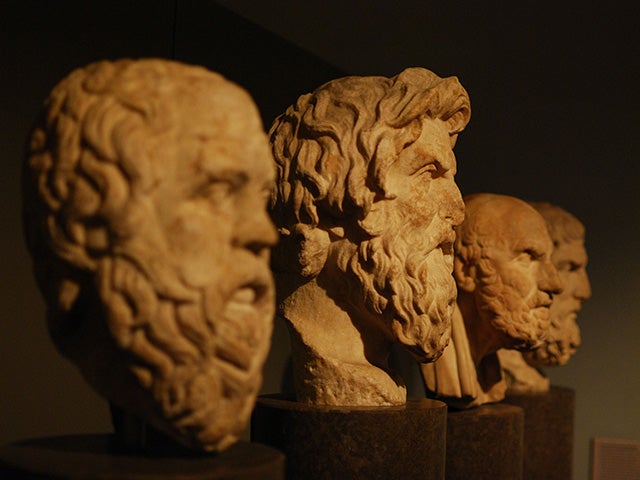Advanced Study in Political Economy
Instruction Mode: In-Person Instruction
Open Seats
32 Unreserved Seats

Instruction Mode: In-Person Instruction
Open Seats
32 Unreserved Seats

Instruction Mode: In-Person Instruction
Open Seats
27 Unreserved Seats

Instruction Mode: In-Person Instruction
Open Seats
28 Unreserved Seats

Instruction Mode: In-Person Instruction
Open Seats
32 Unreserved Seats

Instruction Mode: In-Person Instruction
Open Seats
9 Unreserved Seats

Instruction Mode: In-Person Instruction
Open Seats
11 Unreserved Seats

Instruction Mode: In-Person Instruction
Open Seats
8 Unreserved Seats

Instruction Mode: In-Person Instruction
Open Seats
14 Unreserved Seats

Instruction Mode: In-Person Instruction
Open Seats
22 Unreserved Seats

Instruction Mode: In-Person Instruction
Open Seats
4 Unreserved Seats
